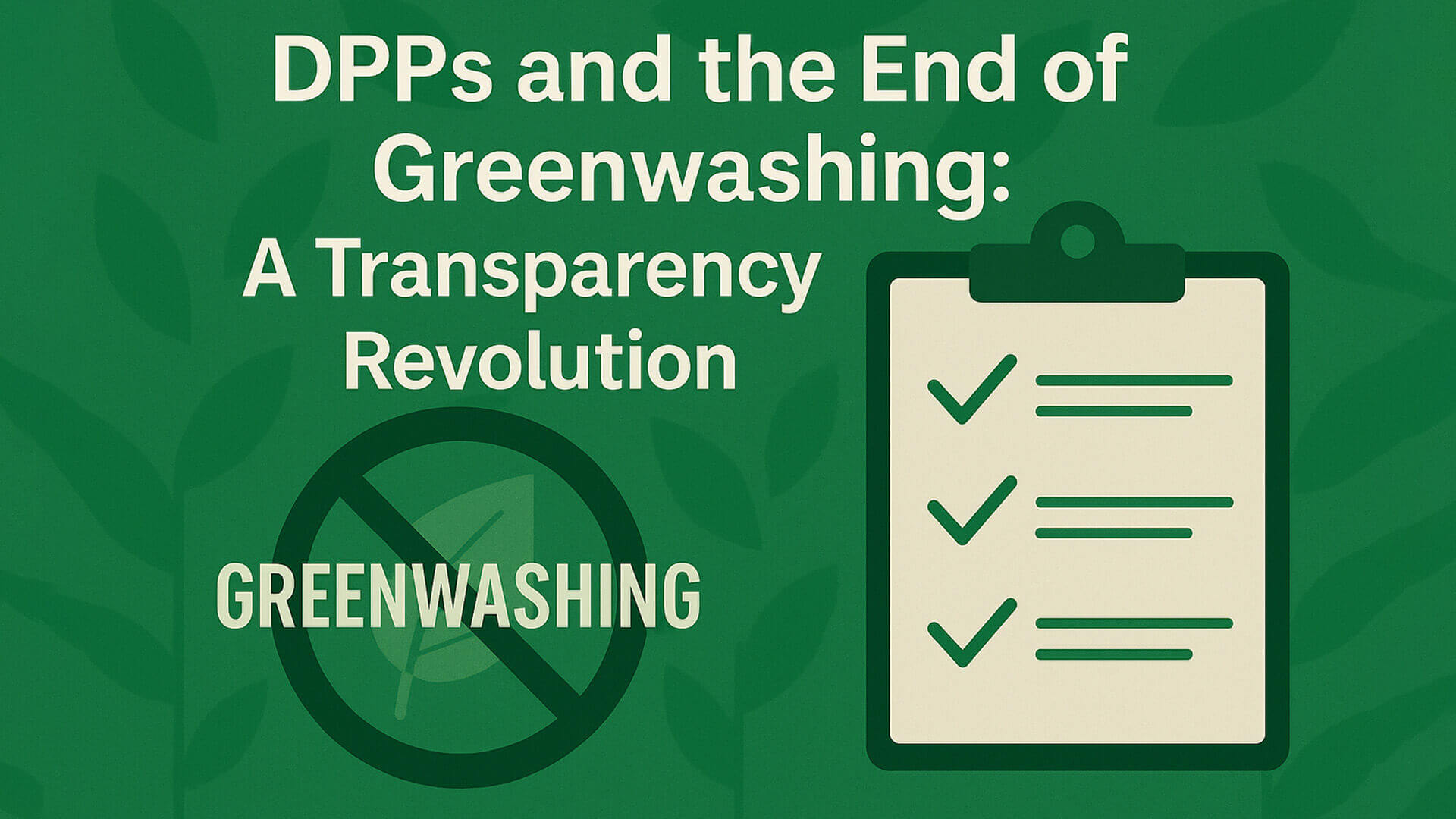- info@greenthreadsdpp.com
- Southampton, United Kingdom
Legislation Compliance in Sustainability: What Businesses Need to Know.

In today's world, sustainability is not just a trend; it's a necessity. With increasing awareness of environmental issues, governments are implementing stringent legislation to promote sustainable practices across industries. Businesses must navigate this complex landscape to ensure compliance while striving for growth. This blog post will delve into the significance of legislation compliance in sustainability, the key regulations businesses need to know, and practical steps for effective implementation.
1. The Importance of Legislation Compliance in Sustainability
Compliance with sustainability legislation is crucial for several reasons:
1.1. Legal Obligations
Failure to comply with environmental laws can result in significant fines, penalties, and legal repercussions. Understanding these regulations is vital for protecting your business from legal liabilities.
1.2. Reputation Management
Consumers are increasingly choosing brands that demonstrate a commitment to sustainability. Non-compliance can damage your reputation and lead to a loss of customer trust.
1.3. Competitive Advantage
Staying ahead of sustainability regulations can provide a competitive edge. Businesses that comply often enjoy enhanced brand loyalty and may even qualify for government incentives.
2. Key Legislation Affecting Businesses
Several key pieces of legislation impact sustainability practices across various sectors. Understanding these laws is essential for compliance.
2.1. The Climate Change Act
In the UK, the Climate Change Act sets legally binding targets for reducing greenhouse gas emissions. Businesses must monitor their emissions and develop strategies to meet these targets.
2.2. The Environment Act
This legislation aims to improve air and water quality, tackle waste, and protect biodiversity. Companies are required to assess their environmental impact and report on their efforts to mitigate harm.
2.3. The EU Waste Framework Directive
For businesses operating in Europe, this directive mandates responsible waste management and recycling practices. Companies must implement measures to reduce waste and increase resource efficiency.
2.4. The Modern Slavery Act
This law requires businesses to disclose their efforts to combat modern slavery in their supply chains. Compliance involves conducting due diligence and reporting on the steps taken to address this issue.
3. Steps for Achieving Compliance
To effectively navigate sustainability legislation, businesses should take the following steps:
3.1. Conduct a Compliance Audit
A comprehensive audit can help identify gaps in compliance. This assessment should evaluate current practices against relevant legislation.
3.2. Develop a Sustainability Strategy
Create a clear sustainability strategy that outlines your compliance goals and the actions needed to achieve them. Involve stakeholders at all levels to ensure buy-in.
3.3. Train Employees
Education is key to compliance. Regular training sessions should be conducted to ensure employees understand their roles in achieving sustainability goals.
3.4. Monitor and Report Progress
Establish metrics for tracking compliance and sustainability performance. Regular reporting helps identify areas for improvement and demonstrates accountability to stakeholders.
3.5. Stay Informed
Sustainability legislation is continually evolving. Subscribe to industry newsletters, attend workshops, and engage with experts to stay updated on changes that may affect your business.
4. Challenges in Compliance
While achieving compliance is essential, businesses may face challenges, including:
4.1. Resource Constraints
Small and medium enterprises (SMEs) may struggle with the financial and human resources needed to implement compliance measures.
4.2. Complexity of Regulations
The landscape of sustainability legislation can be complex and difficult to navigate. Businesses may find it challenging to interpret and apply these laws effectively.
4.3. Rapid Changes
As governments react to climate change and environmental issues, legislation can change rapidly. Keeping pace with these changes requires continuous effort.
5. Best Practices for Ensuring Compliance
To overcome challenges and ensure compliance, consider implementing these best practices:
5.1. Collaborate with Experts
Engaging consultants or legal advisors who specialise in sustainability can provide valuable insights and support.
5.2. Foster a Culture of Sustainability
Embed sustainability into your corporate culture. Encourage employees to contribute ideas and take ownership of compliance initiatives.
5.3. Leverage Technology
Utilise technology to streamline compliance processes. Tools for tracking emissions, waste, and resource use can facilitate better reporting and decision-making.
5.4. Engage Stakeholders
Involve stakeholders in your sustainability efforts. Transparent communication can enhance trust and cooperation, making compliance more achievable.
5.5. Review and Adapt
Regularly review your compliance strategy and adapt it as necessary. Flexibility is key in responding to new regulations and changing market conditions.
Conclusion
Legislation compliance in sustainability is not merely a legal obligation; it’s an opportunity for businesses to lead in the fight against climate change. By understanding relevant regulations, implementing effective compliance strategies, and fostering a culture of sustainability, companies can not only meet legal requirements but also position themselves as leaders in the market. As the landscape continues to evolve, staying informed and proactive will be essential for long-term success.





